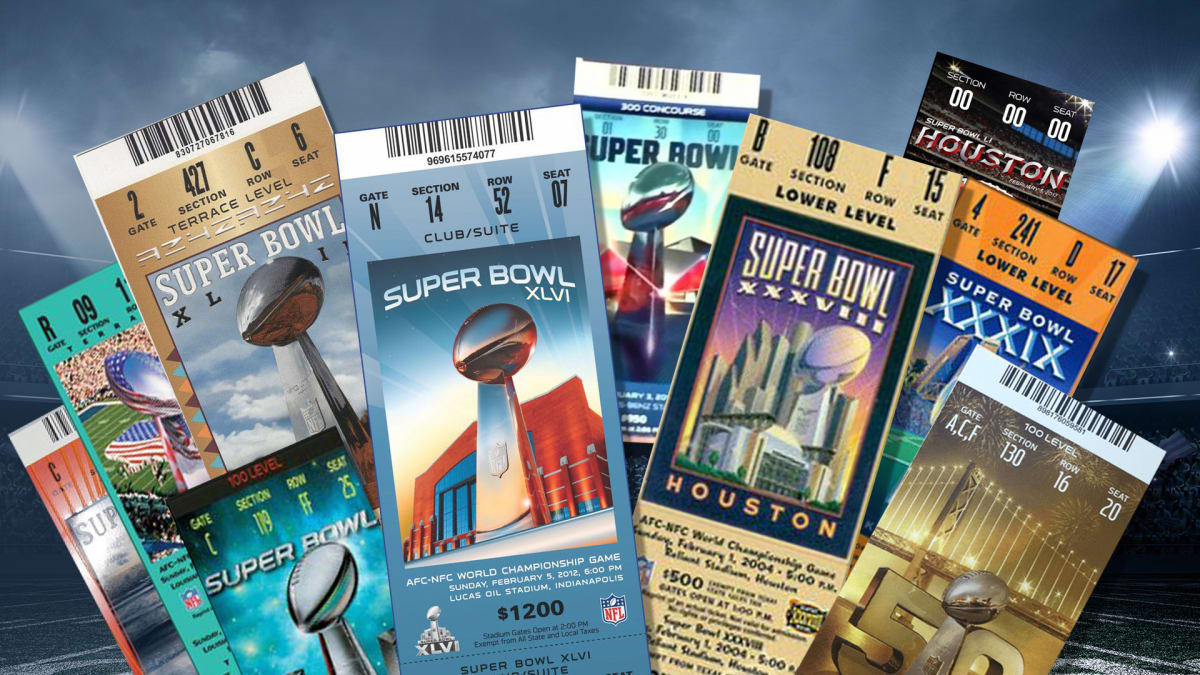
The last time the Super Bowl was in Glendale, Arizona, fans who wanted to witness the game were subject to record-setting price gouging.
The Super Bowl XLIX contest between the New England Patriots and Seattle Seahawks remains the most expensive championship game in league history with average ticket prices on the secondary market closing in on $10,000 a piece.
Front Office Sports has a breakdown on exactly how the game got to be so expensive. Apparently brokers sold tickets to consumers with the idea that ticket inventory would be on par with past Super Bowls.
However when those tickets didn't reach the market as anticipated, brokers scrambled to snap up the few tickets that were available in order to fulfill customer orders.
That scramble led to prices doubling from what they were just a week prior.
Eight years later, the Super Bowl LVII is back in the Arizona desert, but prices aren't quite as high as they were back in 2015.
Eagles-Chiefs Super Bowl Average Price
Almost everything in the U.S. is more expensive than it was in 2015 thanks to inflation, but the NFL and Super Bowl operate pretty much on a plane of their own, so tickets are actually cheaper this year.
The cheapest seats available are going for less than $7,000, according to FOS, meaning prices are below where they were at this point in the season for the previous two Super Bowls.
The average resale price was around $9,000 a piece this week, again, below the $10,000 price in 2015.
But just because prices are low now, does that mean a similar jump in prices is out of the question?
According to at least one person, the NFL has made changes to its process to make sure a repeat of 2015 is impossible.
“The 2015 blowup was a market-short bet made by brokers, and the resulting short squeeze, that was only possible in the absence of centralized pricing and inventory management." TicketIq's Jesse Lawrence told FOS.
Hosting May Offer Diminishing Returns
There are some remarkable NFL stadiums that have been built over the past two decades.
U.S. Bank Stadium in downtown Minneapolis is a technical wonder. The HKS Architects-designed enclosed stadium is a modern marvel of glass and concrete.
The stadium hosted Super Bowl LII in 2018, and while most commentators were in awe of the facility, no one in their right mind wants to party in frozen tundra of Minnesota in February.
Same goes for Ford Field in Detroit, or Lucas Oil Stadium in Indianapolis, both recent Super Bowl hosts (XL and XLVI, respectively).
Even games hosted in cities with warm(ish) winter weather (sorry Jacksonville) have fallen on their face.
But now, the calculus might be changing for cities that want to host as there is evidence of diminishing economic returns from hosting the big game.
The Glendale/Phoenix area (Glendale is located about 9 miles from downtown Phoenix) is expecting a $600 million windfall from Super Bowl LVII, according to Visit Phoenix, Front Office Sports reported.
While that sounds like a nice chunk of change, its a significant dip from the $720 million the game brought to the area when State Farm Stadium hosted the 2015 game.







